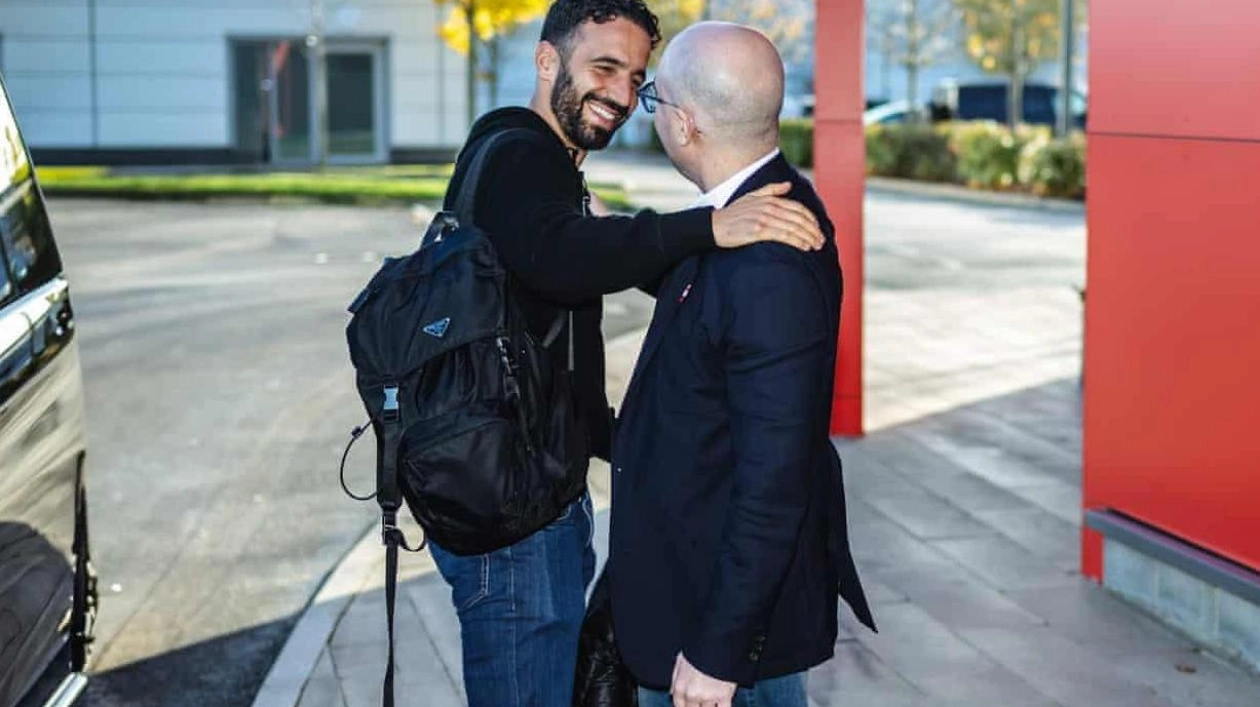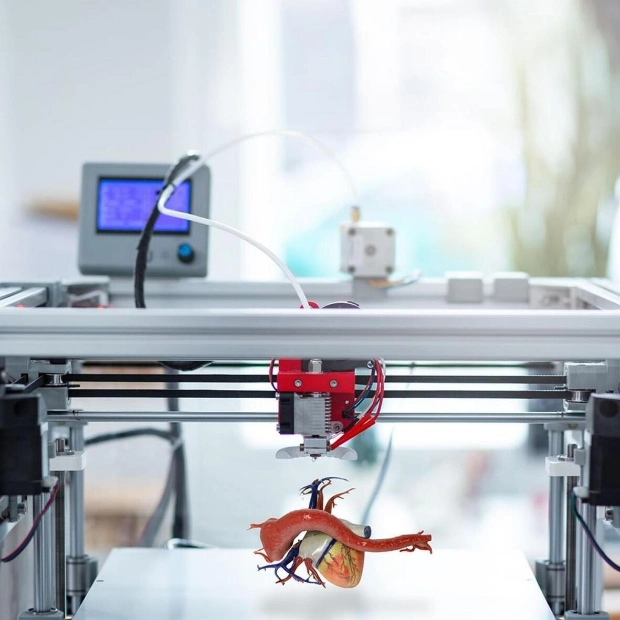Ruud van Nistelrooy has stepped down from his position as assistant coach following the appointment of Rúben Amorim at Manchester United. The Dutchman managed three victories and a draw during his interim charge after Erik ten Hag's dismissal but will not be part of the new regime at Old Trafford. Van Nistelrooy, a former United striker, returned to the club in the summer to work under Ten Hag, having departed Old Trafford 18 years prior. He had expressed a desire to remain under Amorim and fulfill the remaining 18 months of his contract. United also announced the departures of fellow coaches René Hake, Jelle ten Rouwelaar, and Pieter Morel.
United stated: “Ruud is, and always will be, a Manchester United legend. We are thankful for his contributions and the professionalism he demonstrated throughout his tenure with the club. He will always be warmly welcomed at Old Trafford.” Amorim brings his own trusted coaches from Sporting, and although his backroom staff is yet to be finalized, it is expected that he will be accompanied by Emanuel Ferro, Adélio Cândido, and Carlos Fernandes, along with goalkeeping coach Jorge Vital and sports scientist Paulo Barreira.
Amorim arrived in England on Monday afternoon and promptly visited the club's training facility but is awaiting his visa to commence work. He was greeted by United's chief executive, Omar Berrada, sporting director, Dan Ashworth, and technical director, Jason Wilcox. Despite being unable to conduct training sessions, Amorim is permitted to use the club's facilities and hold meetings. United anticipates that the visa process will be swift now that Amorim is in the country, and he is expected to begin training once the majority of the squad returns from international duty.
Amorim's most challenging task will be to instill his tactics and preferred 3-4-3 formation, a significant shift from the 4-2-3-1 used by Ten Hag and Van Nistelrooy, according to defender Matthijs de Ligt. De Ligt noted, “I think a back three or a back four, it's in general the same – the only thing of importance is how the team is set up. You can play in a back three but if everything is not compact and everybody is doing their own job then it’s going to be really difficult, the same in a back four. That’s going to be the biggest challenge for the trainers, to get everyone on the same wavelength and same page to improve as a team and improve as players.”
Source link: https://www.theguardian.com






